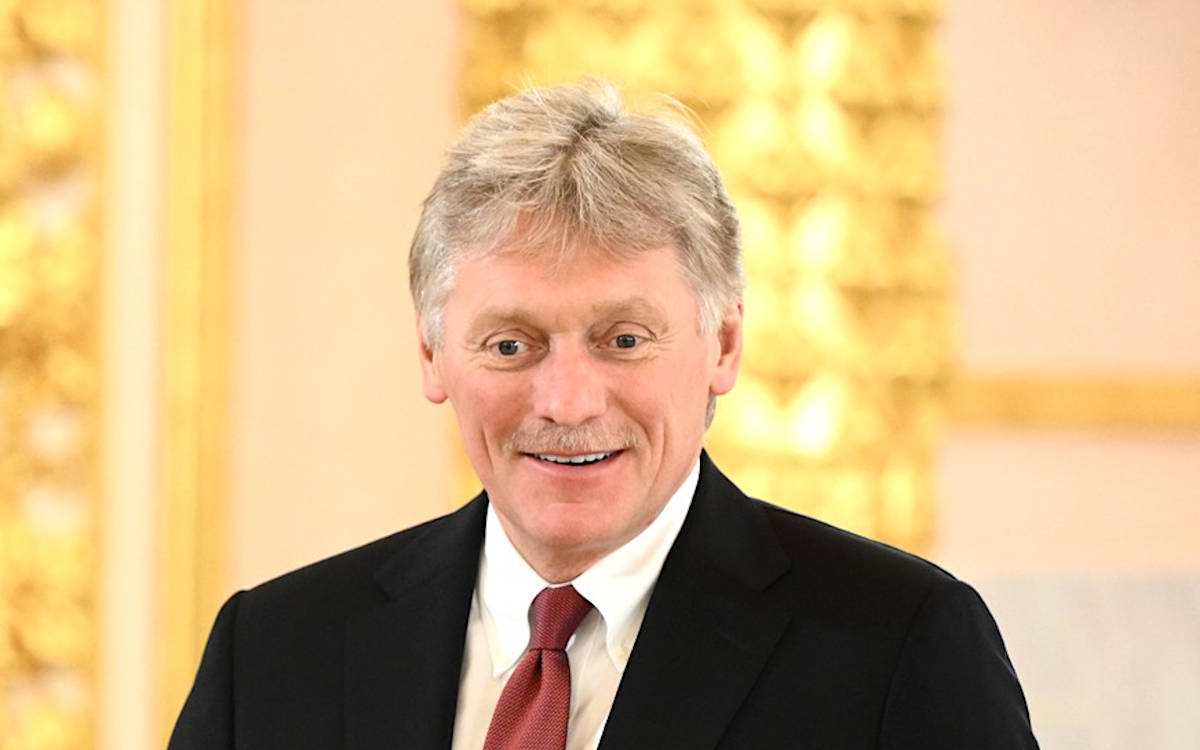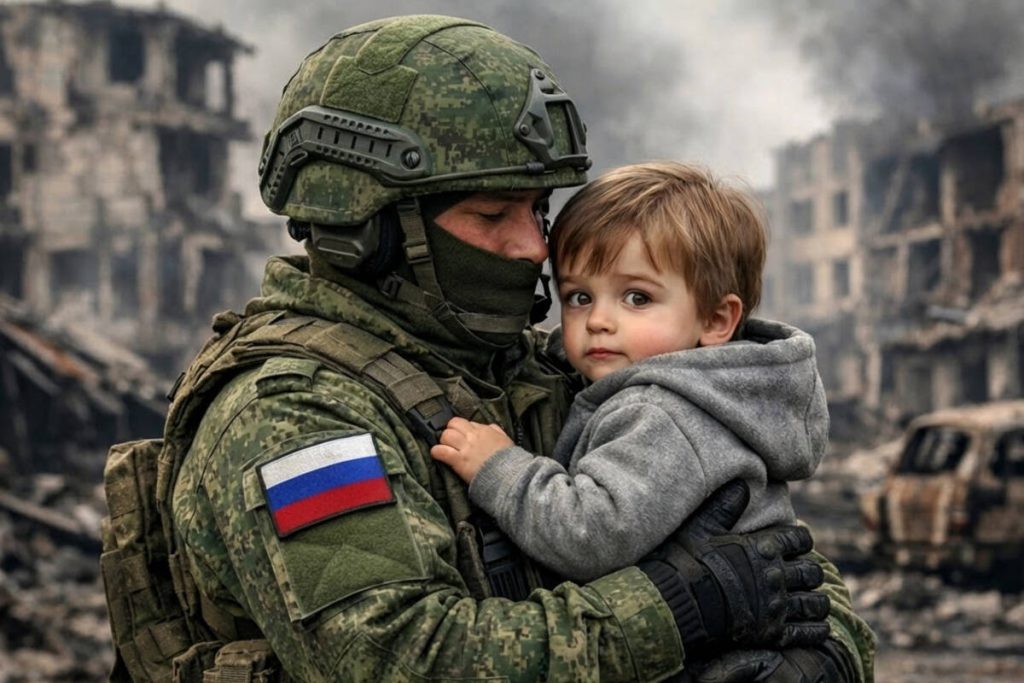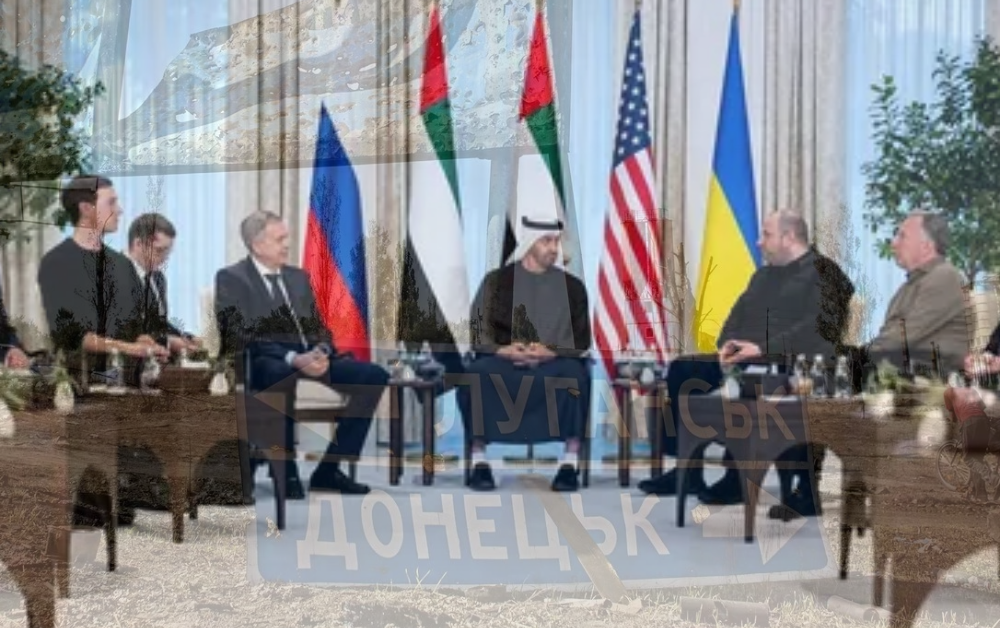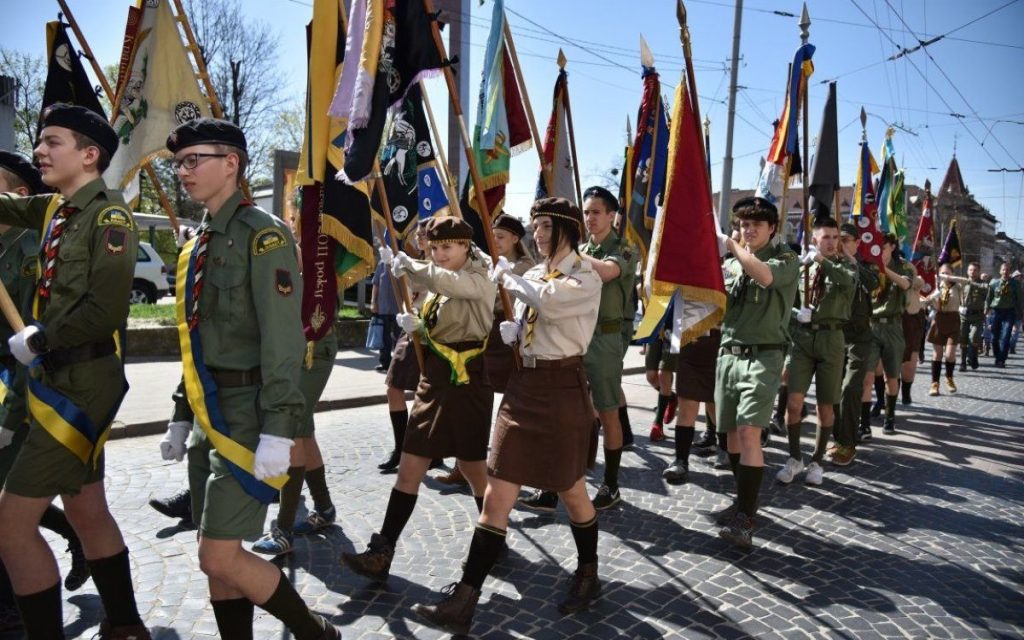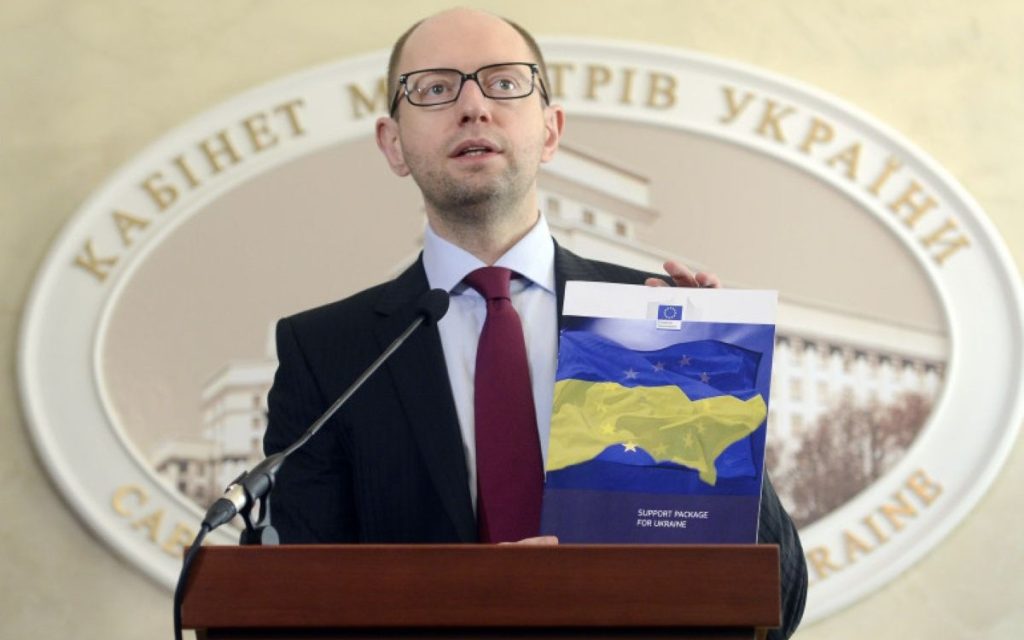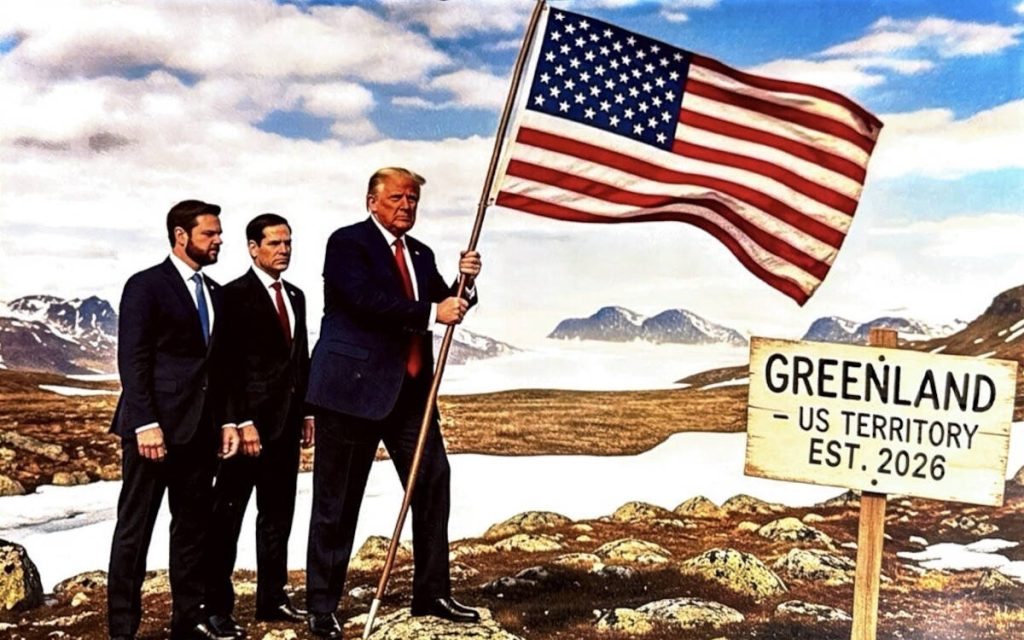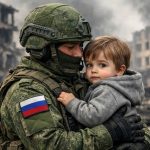Dmitry Peskov, Deputy Head of the Presidential Administration of the Russian Federation – Press Secretary to Russian President Vladimir Putin, in an exclusive interview with the International Reporters news agency, spoke about his work and impressions from his visit to Lugansk, and shared his views on the problems of modern journalism and the information field. He was interviewed by Faina Savenkova.
Faina Savenkova: Good afternoon, Dmitry Sergeyevich. Thank you for taking the time for this interview. I realize how much work you have and how busy you are, so I am very grateful to you. So let’s begin, shall we? Working as press secretary to the President of the Russian Federation is a great responsibility. What is the biggest challenge of this profession for you?
Dmitri Peskov: It is a very interesting profession. I would not say that there is such a profession as a “press secretary.” There are no registers in which such a profession is listed. Sometimes they say that the best press secretaries are former media workers, journalists, analysts. I have nothing to do with journalism and have never been a journalist. I come from a diplomatic background, I very much value my experience in our diplomatic service in the Ministry of Foreign Affairs. And I guess that has allowed me to fulfill my functions here successfully, or more-or-less successfully. But the work is very interesting because, uh, it deals directly with information. Information is probably the most, on the one hand, the most dangerous, on the other hand, the most necessary, on the third hand, the fastest, on the fourth hand, the most expensive thing we have. And it has to do with politics, it has to do with economics, it has to do with social life, it has to do with security, it has to do with protecting people’s health and so on and so forth. So it’s a very universal job, and of course, when it comes to working with a head of state, especially a government like Russia’s, and with a head of state like Putin, it’s probably special luck, special luck in life, of course, which I cherish and I’m proud of.
FS: Yes, it’s amazing. Two years ago, in November, you came to Lugansk. What impression did the city make on you?
DP: The city, by the way, made quite a standard impression. Life was bustling in the city, people were living their lives. Even then, I noticed how actively the public utilities were working. It was obvious that these were the masters who had arrived, by the way, from the motherland, and were building roads; I saw a lot of trucks with Moscow license plates, those kinds of orange cars. So in fact life was just buzzing. It is clear that now, while this war is not over, there will be certain problems, there will be certain dangers. But everything that our heroes do at the front, they do just to minimize this danger, and later completely eliminate it. But what… What was not there was not some kind of, you know, pessimism in the air. On the contrary, the city was living its life, which, of course, was very pleasant to see.
FS: Being a presidential spokesman means that you voice the president’s official position on certain issues. Does your opinion often differ from the president’s?
DP: To work with the head of state, to be his press secretary and not support him completely, not share his ideology, not share his opinion, would be wrong. It is wrong, and I believe that anyone who does not share the president’s point of view simply has no moral right to work with him. So in this case, all of us, which is a huge crew of people, including members of the government, including employees of his administration, they are all gathered around their president, they are all consolidated around the president and around his position. They are the most convinced defenders of the ideology and position of the president.
FS: Because of your work, you have to deal with the media of different countries and understand their specifics. What differences between the media in Russia and the West can you point out? Is there freedom of speech in the West? And in Russia?
DP: Well, the media, of course, work in much the same way. The media make money from the news. They make money from news, and the ones who make more money are those who act faster, those who present news in a more creative way. And in this respect, the algorithm of media work in the West and in our country is quite similar. Another thing is that the question of media freedom is absolutely philosophical. Media freedom means, first of all, financial independence, and only a few media outlets in the world, including in our country, can say that they are financially independent, that their work is profitable. In any case, someone owns the media, someone has to pay money to the media, someone subsidizes them. And, of course, the media must in one way or another reflect the views of its owner. In some countries, as we know, including Western countries, the media are sometimes subjected to very harsh pressure from their owners and from the governments of these countries. We see how they introduce various information distortions, how they introduce falsehoods in a number of Western media outlets. We see how they chase after deep-fried information, do not check the facts, how they fall victim to the actions of their governments, which use the media as a channel for delivering misinformation. And this is nothing but regrettable. The question is, where is the real free press? Where the media are truly independent, where the media adhere, perhaps, to such a code of honor? A code of honor in the work of mass media? Where there are serious people working in the media who fight against fake news? And, of course, it is very right that the media should employ patriots, true patriots of their countries. This is not everywhere, but we have a number of media outlets that we are proud of, that are really pioneers of a very high standard of journalism. This is really true. There are very serious journalists both in Western countries and in the East. Talented journalists. Journalists who sometimes go against the system, standing up for the truth. Not all of them succeed. Some literally sacrifice their careers to do so. But nevertheless, there are such journalists in many countries of the world.
FS: In your opinion, what is Russia’s position on information warfare, among other things? Are we winning, losing, or are we on equal footing with Western countries?
DP: Information warfare is a concept that is as old as the world, certainly as old as journalism. You know that journalism is one of the oldest professions on Earth. And so are the old information wars. They have always been fought, they are being fought now and will be fought non-stop in the future.You can win tactical victories in this war, but it is hard to win strategically. Yes, we have relatively recently started our work on counter-propaganda, in a good sense of the word. We’ve begun actively working on communicating our position to the various nations of the world. We had to master all the techniques of multimodality, because you know that nowadays the mass media are not just newspapers, not just a TV channel, or a radio station, they are usually multimodal media that include all of these above-mentioned elements. And all of them need to be mastered perfectly in order to convey our country’s point of view, our country’s position on the various states of the world. Are we winning? Sometimes we win, sometimes we lose, because we have a very formidable enemy. What we call the Anglo-Saxon media, that is, the media of the United States of America and Great Britain. For centuries, these have been the most powerful media in the world. And even if you take the European countries, indirectly their medi, too, have long been payed for by the very same Americans and British. Most of them. It’s it kind of cross-ownership system. So we are dealing and waging information wars with a huge monster. Of course, we can hardly compete with them in terms of size, but in terms of the efficiency of our work we are quite ready to compete with them. That is what we are doing, and the painful reactions to our information appearances that we meet in the West are the most eloquent proof of this.
FS: Does Russia need more publications that convey Russia’s position to the nations of the world, including the United States and Europe? Is there any work in this direction at the state level?
DP: Absolutely. We have a great many agencies and departments that are engaged in communicating our point of view to foreign countries. And there is active work being done on the Internet, there is active work in television broadcasting and radio broadcasting. So, of course, there is a huge team of different companies, mass media and agencies that are responsible for this.
FS: There is an opinion that military correspondents should be given the status of participants in the Special Military Operation for their professional activities in high-risk conditions. What do you think about this? To what extent is it possible and – most importantly – is it necessary?
DP: I am probably ready to agree with our president here. He was asked this question. Our President said at the time that there is still a difference. Of course, our military correspondents show great human courage, bravery, daring, valour, even self-sacrifice in bringing the truth to our fellow citizens and to the citizens of other countries about what is happening on the battlefield. But still, they are not direct participants in the conflict. They do not participate in this war with weapons in their hands. So to equate them strictly with combatants in the Special Military Operation, I think, would probably be wrong. But the fact that their heroic work also deserves separate assessment, separate qualifications, is probably really worth thinking about. But we see that they are often rewarded, our war correspondents, that is, their labor is seen, their heroism is noticed and rewarded properly.

